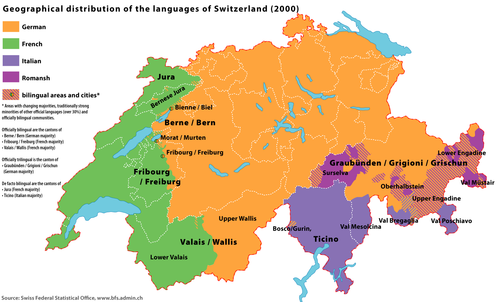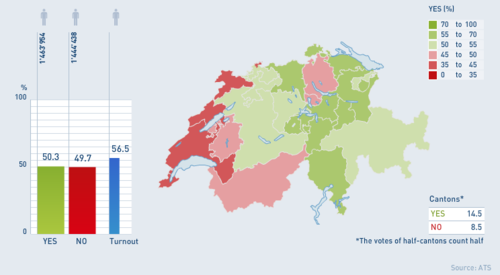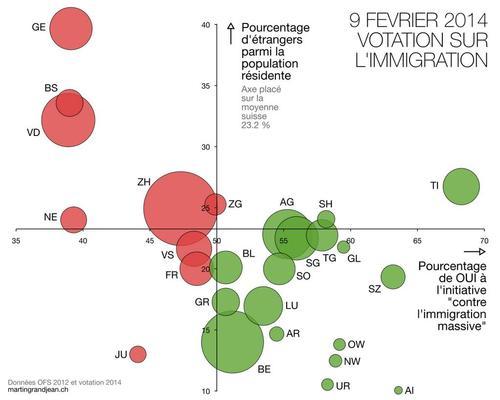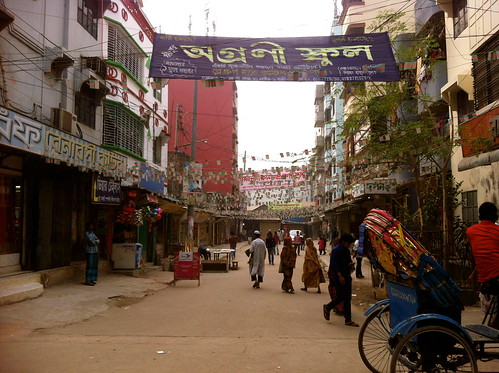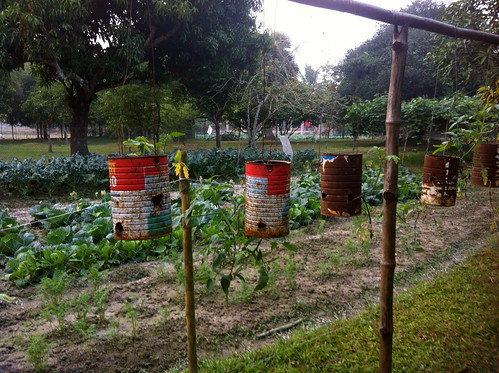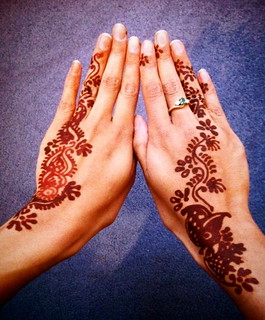A good friend of mine recently asked me for some motivational help on getting started blogging. With the best of intentions, I kicked things off by giving her a deadline for her first blog post, coupled with the ultimatum of having to pay a few euros each time she didn't meet her deadlines. This, I realise in retrospect, perhaps wasn't the most encouraging thing to do; clearly she knew that the task in hand involved writing a first post, and really, imposing ultimatums is anything but supportive in the first instance.
So, I've been thinking of other ways to encourage her into blogging. I personally use writing as a way to get things off my chest, and in all honesty, I'm torn between embarrassment and incredulity when someone tells me they read (or, shock horror, enjoyed!) something I've written on my personal blog. In a way, telling myself that actually nobody (apart from maybe my mum- hi mum!) will read it is almost a motivation for me in publishing. Funnily enough, however, writing without publishing doesn't have the same cathartic effect for me – perhaps it's simply a narcissistic flaw, or the loosely held hope that perhaps sharing my experiences will in some way have a positive effect on others.
I did a quick search to see what other resources might be already out there on this topic, but unfortunately most of them seemed concentrated purely on building up a public profile through your blogging – this is definitely not what I'm talking about! In this case, I'm thinking only about writing because you want to write, for whatever reason – writing for you, not writing to make money, or to build up an audience, or for anybody else.
Here are some initial activities; perhaps aiming to do one of these weekly or fortnightly until you've exhausted the list might be a good place to start:
Note: this is assuming that you've got yourself a blog already set up. If not, head over to Wordpress or Tumblr, or if you're not sure which is for you, check out this post from Lifehacker on choosing the blogging platform for you.
-
Make a list of your favourite blogs, and set these up to feed into an RSS Reader – I use Feedly, but here are some alternatives – so that you have an easy way to read these on a regular basis.
-
Write 1-2 sentence descriptions of why you like them, and post this list on your site under, for example, 'Recommended Reads' or 'Stuff I like'. (This would be a static page, rather than a post)
-
Have a look through these blogs and see if they have any recommended blogs themselves, or if they refer to particular writers – keep an eye out for any names that keep cropping up, and be sure to add them to your RSS feed and your posted list.
-
Spend the first 5 minutes of your day for an entire week, looking around for things you find interesting on the internet – whether this be via social media, through asking friends, anything. Make a list of particularly interesting articles and posts that you find.
-
After a week of doing this, think about whether you could write a 'roundup' post listing these articles you've found interesting. Sound good? Just a couple of sentences summing them up, or on why you found them interesting is great.
-
Make a list of topics you've been thinking about writing about – they can be anything. From specific issues to broad topics that have been on your mind – just put them down in writing, with as much detail as you feel like at the time. Keep it somewhere easy to access so that when topics come up you can drop them in straight away.
-
Your blog posts don't have to be long, or even in words! What about a picture, cartoon, animation, GIF, or photo that has inspired you? Post it on your blog with a short caption of why it caught your eye.
-
Pick one of the topics on your list of things you've been writing about, and bring it up in conversation with a friend; if you want to dive deep into a topic, then maybe someone who already knows about that topic, and if you want a new perspective on it, pick someone who might never have heard about it. Okay, so it might be a little artificial bringing up a specified topic in conversation, but your friend will understand, I promise!
-
Did that conversation spark further issues around the topic in your mind? If you feel like you have enough material to write about it, then go for it! Aim for something short – 100 or 200 words, with an accompanying picture, for example. You can always expand on the topic later.
-
If you feel like you want to do more research around that topic before writing, then spend an hour looking up more on it. Create a specified RSS feed, for example, and look at what other people are saying on it. The aim: gathering food for thought for yourself.
-
Get into a rhythm; whether this be a Sunday night activity before you let yourself go to sleep, or an activity you do with friends (for example, as part of an Iron Blogger group)
-
Rinse and repeat; see what comes up in your head as potentially interesting topics; write the topic down as soon as it does; see what others are thinking about it; read around the topic; and aim to post something (anything – a picture, a quote, a cartoon) on a regular basis.
Is there anything else you would add to this list? How did you get started blogging, or how do you keep yourself motivated to carry on?
